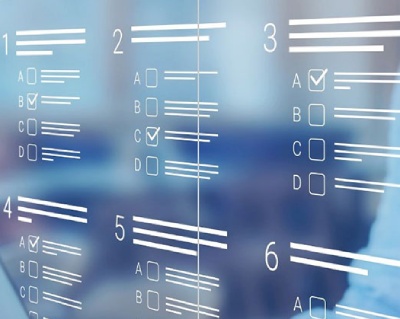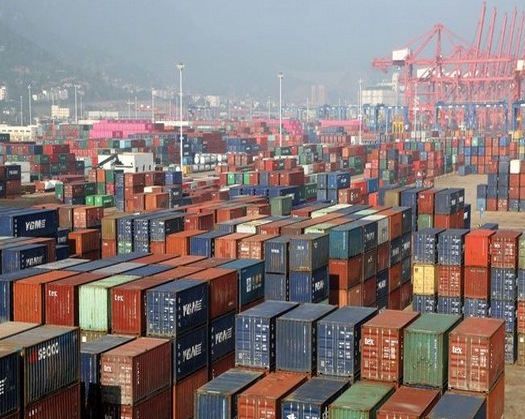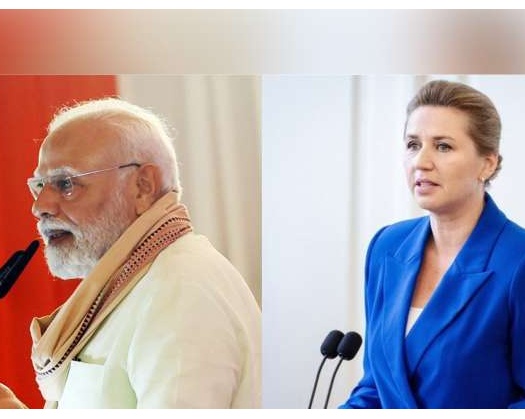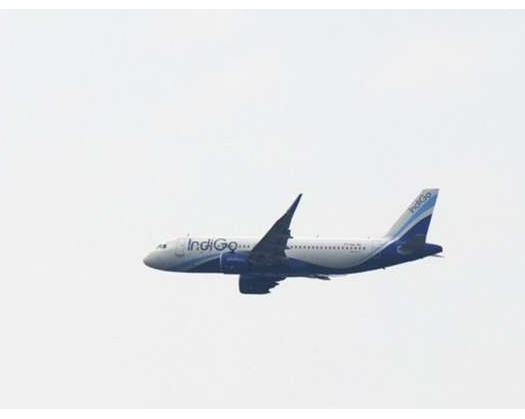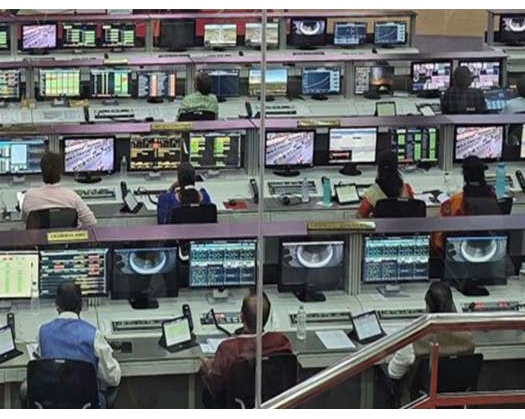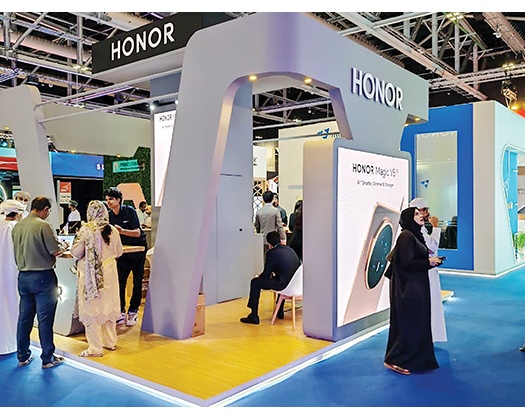New Delhi: The average cost of equity in India has shown stability at 14.2 percent, marking a modest increase of approximately 40 basis points since the start of 2021, indicative of its strong resilience, as documented in a survey by a leading global consultancy firm, EY. Moreover, the survey observes a consistent reduction in the equity market risk premium over the past few editions.
Despite encountering global economic challenges, India's robust macroeconomic fundamentals and fiscal prudence have played a crucial role in preserving a relatively stable cost of equity.
The theoretical concept of the cost of equity refers to the return expected by a company in exchange for an investment or project.
In the findings of the 4th edition of The India Cost of Capital Survey 2024, EY noted that industries such as e-commerce, real estate, and IT/ITES sectors reported the highest costs of capital, attributed to their elevated risk profiles and growth expectations. Conversely, sectors such as power, chemicals, and Media & Entertainment were observed to have lower costs of equity, due to their more stable cash flows.
In a landscape of rapidly changing economic dynamics, comprehending the cost of capital remains a critical metric for strategic corporate decision-making.
This survey, marking its fourth edition, garnered insights from nearly 185 respondents within India Inc. and more than 20 equity research analysts, providing significant insights into how Indian companies are adapting their financial strategies to ensure sustained growth in a complex global setting.
EY stated, "The equity market risk premium has steadily declined over the past three editions. This trend reflects the maturity of the market and a reduction in volatility in the determination of the cost of capital relative to other economic factors such as interest rates."
Despite facing various challenges, India has demonstrated resilience in its economic performance, with targeted fiscal policies and an ongoing anti-inflationary monetary stance.
In response to the persistently high inflation rates averaging 5.9 percent over the past three years, the Reserve Bank of India (RBI) has incrementally increased the policy repo rate, rising from 4 per cent in February 2021 to 6.5 percent currently. This increase in interest rates, in turn, has resulted in a modest uptick in the average cost of equity during the corresponding period.
However, the rise in the cost of equity has remained relatively subdued in comparison to the rise in the risk-free rate, which has seen an increase of 90 basis points during the review period, as highlighted by the EY survey.

